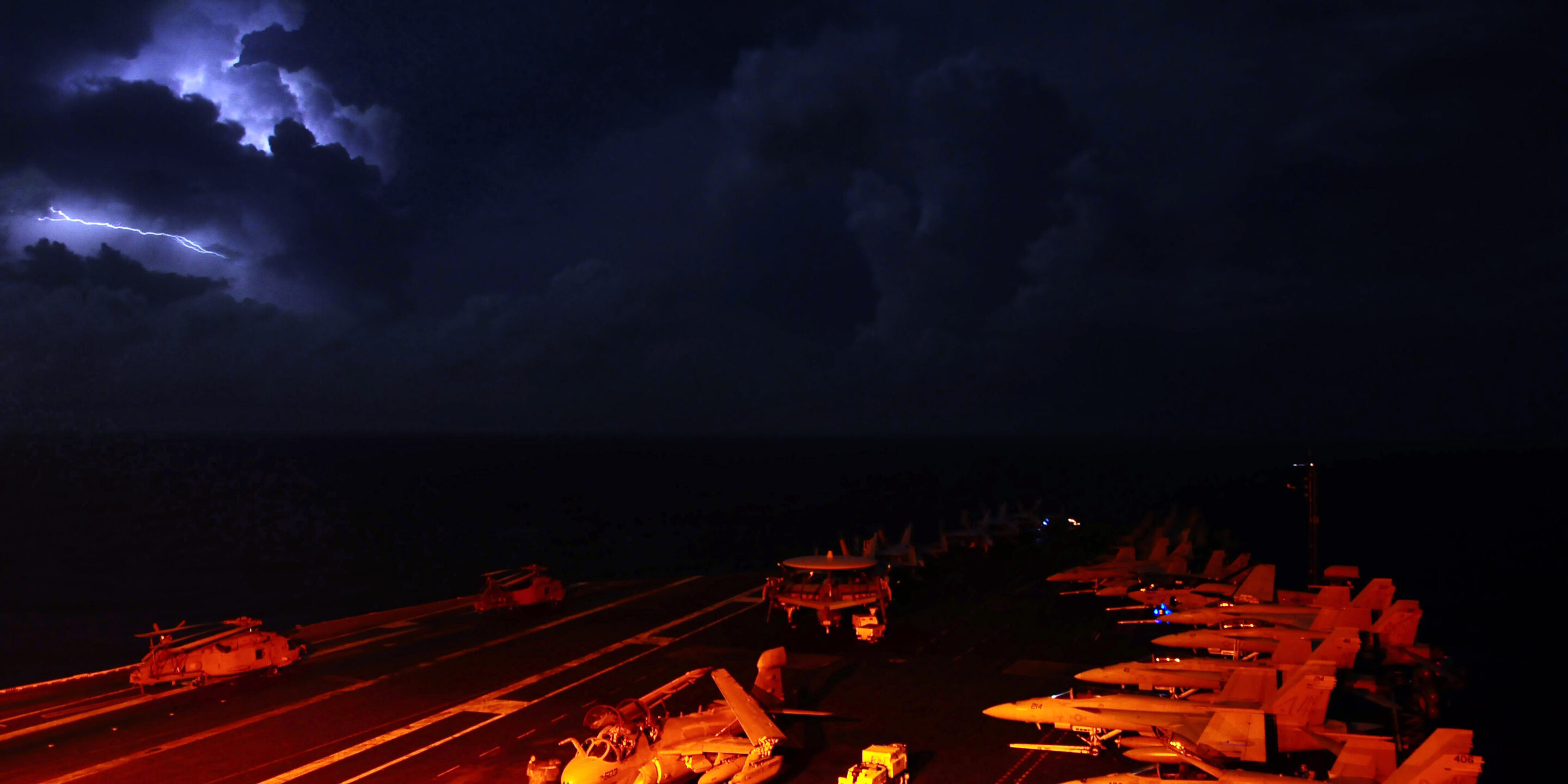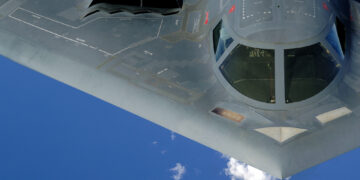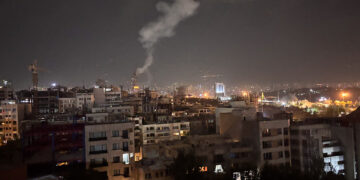January 12, 2024
The U.S.’s military strike on Yemeni Houthis is deeply misguided

On Jan. 3, the United States and 13 other nations delivered an ultimatum to the Houthis, the Yemeni rebel group that has turned into the country’s de-facto authorities: Stop attacking civilian vessels in the Red Sea or face the consequences. The group has been carrying out the attacks in part to compel Israel to cease its war against Hamas in Gaza, now in its fourth month. The Houthis didn’t heed the warning. Six days later, they conducted their most complex attack to date, forcing U.S. fighter aircraft in the area to shoot down 18 drones and three anti-ship missiles. Two days later, yet another Houthi missile splashed into international waters.
On Thursday, President Joe Biden finally lost his patience. The U.S., in coordination with the United Kingdom and a multinational coalition, launched a series of strikes against a dozen Houthi targets across four Yemeni cities. The operation, conducted by U.S. aircraft, surface ships and submarines, targeted sites designed to degrade the Houthis’ ability to execute similar attacks in the future. Radar systems and facilities associated with the movement’s drone and missile programs were hit. “These targeted strikes are a clear message that the United States and our partners will not tolerate attacks on our personnel or allow hostile actors to imperil freedom of navigation in one of the world’s most critical commercial routes,” Biden said in a late-night statement. “I will not hesitate to direct further measures to protect our people and the free flow of international commerce as necessary.”
While the strikes created a lot of headlines, they weren’t surprising. In fact, given the hole the Biden administration dug for itself with last week’s ultimatum, military action might have been inevitable. U.S. defense officials were reportedly debating targets set weeks in advance, which suggests that Biden and his military advisers understood that Operation Prosperity Guardian, the multilateral maritime coalition established in December, was not having the desired effect. After 27 Houthi attacks since mid-November, the White House clearly felt that shooting down missiles and drones every few days wasn’t a sustainable course of action.
But military action isn’t the solution either. In fact, it’s likely to create more problems.
More on Middle East

By Jennifer Kavanagh and Dan Caldwell
June 28, 2025

By Rosemary Kelanic and Jennifer Kavanagh
June 25, 2025

Featuring Rosemary Kelanic
June 25, 2025





